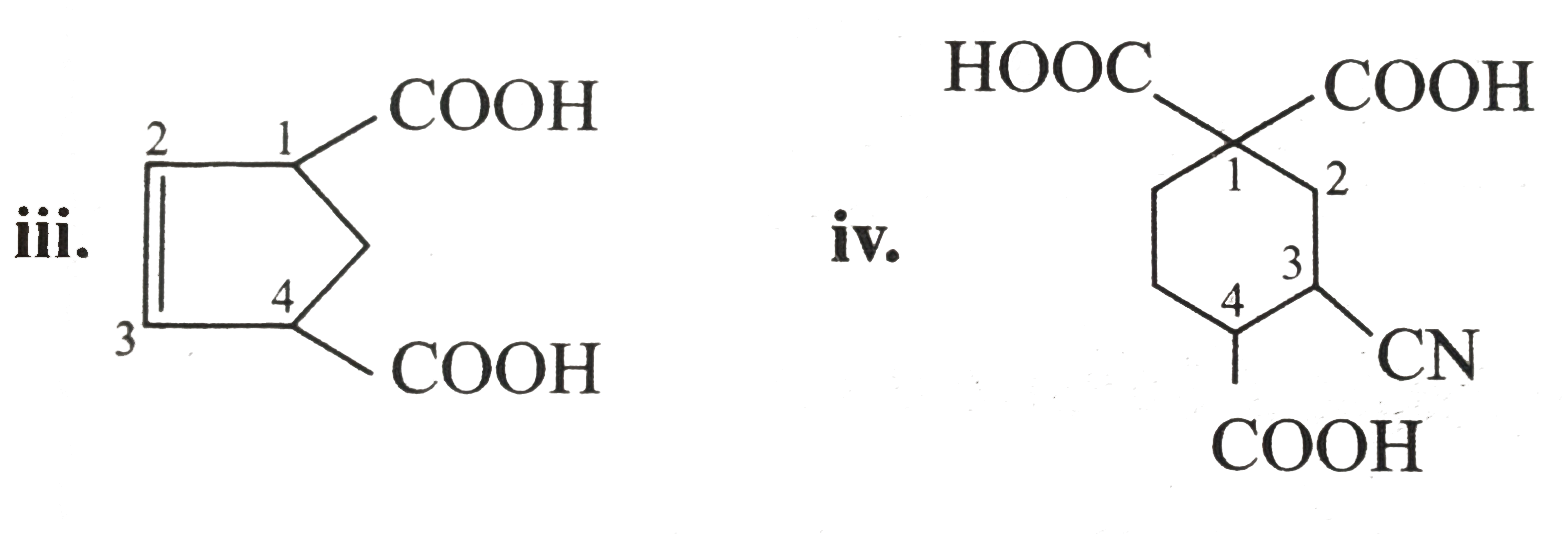Which (------COOH) group is easaily decarboxylated on heating and why?
Step-by-Step Solution:
1. Understanding Decarboxylation: Decarboxylation is the process of removing a carboxyl group (-COOH) from a molecule, resulting in the release of carbon dioxide (CO2). This process is often facilitated by heating.
2. Identifying Beta-Keto Acids: Beta-keto acids are a specific class of carboxylic acids that have a ketone group (C=O) adjacent to the carboxylic acid group. The general structure can be represented as R1C(=O)C(=O)OH, where R1 is an alkyl or aryl group.
3. Mechanism of Decarboxylation in Beta-Keto Acids: When beta-keto acids are heated, they undergo a rearrangement. The mechanism involves the following steps:
- The hydroxyl group (-OH) of the carboxylic acid can lose a proton (H+), leading to the formation of a carbanion.
- The carbanion then rearranges and releases CO2, resulting in the formation of a ketone.
4. Example of a Beta-Keto Acid: Consider the beta-keto acid CH3C(=O)CH2C(=O)OH. Upon heating, the -COOH group can decarboxylate, yielding CH3C(=O)CH2 (a ketone) and CO2.
5. Conclusion: Beta-keto acids are more prone to decarboxylation upon heating due to the stability of the resulting ketone and the favorable formation of CO2. Therefore, the COOH group in beta-keto acids is easily decarboxylated on heating.
Final Answer:
The COOH group in beta-keto acids is easily decarboxylated on heating due to the stability of the resulting ketone and the favorable release of carbon dioxide.
---
- The hydroxyl group (-OH) of the carboxylic acid can lose a proton (H+), leading to the formation of a carbanion.
- The carbanion then rearranges and releases CO2, resulting in the formation of a ketone.
The COOH group in beta-keto acids is easily decarboxylated on heating due to the stability of the resulting ketone and the favorable release of carbon dioxide.
Topper's Solved these Questions
- ALKANES AND CYCLOALKANESBOOK - CENGAGE CHEMISTRY ENGLISHCHAPTER - ALKANES AND CYCLOALKANESEXERCISE - SOLVED EXAMPLES
19 Videos
- ALKANES AND CYCLOALKANESBOOK - CENGAGE CHEMISTRY ENGLISHCHAPTER - ALKANES AND CYCLOALKANESEXERCISE - EXERCISES
24 Videos
- ALKENES AND ALKADIENESBOOK - CENGAGE CHEMISTRY ENGLISHCHAPTER - ALKENES AND ALKADIENESEXERCISE - Single correct Answer
14 Videos
Similar Questions
Knowledge Check
Which of the following decarboxylate on heating?
A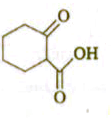 B
B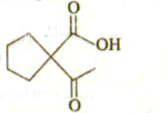 C
C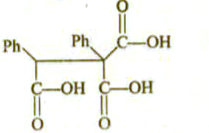 D
D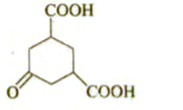
Which of the following can decarboxylated most easily?
ACH3CH2CH2COOHBCH3−CH=CH−COOhC D
D
Which of the following would be decarboxylates readily when heated?
A B
B C
C D
D
A solid changes to a liquid on heating. Why?
View SolutionRemoval of CO2 from a -COOH group is called decarboxylation.
View SolutionThe −OH group of an alcohol or of the −COOH group of a carboxylic acid can be replaced by −Cl using
View SolutionWhy does borax swell up on heating?
View SolutionWhich of the following compounds will undergo decarboxylation on heating?
View Solution
 ii.
ii. 